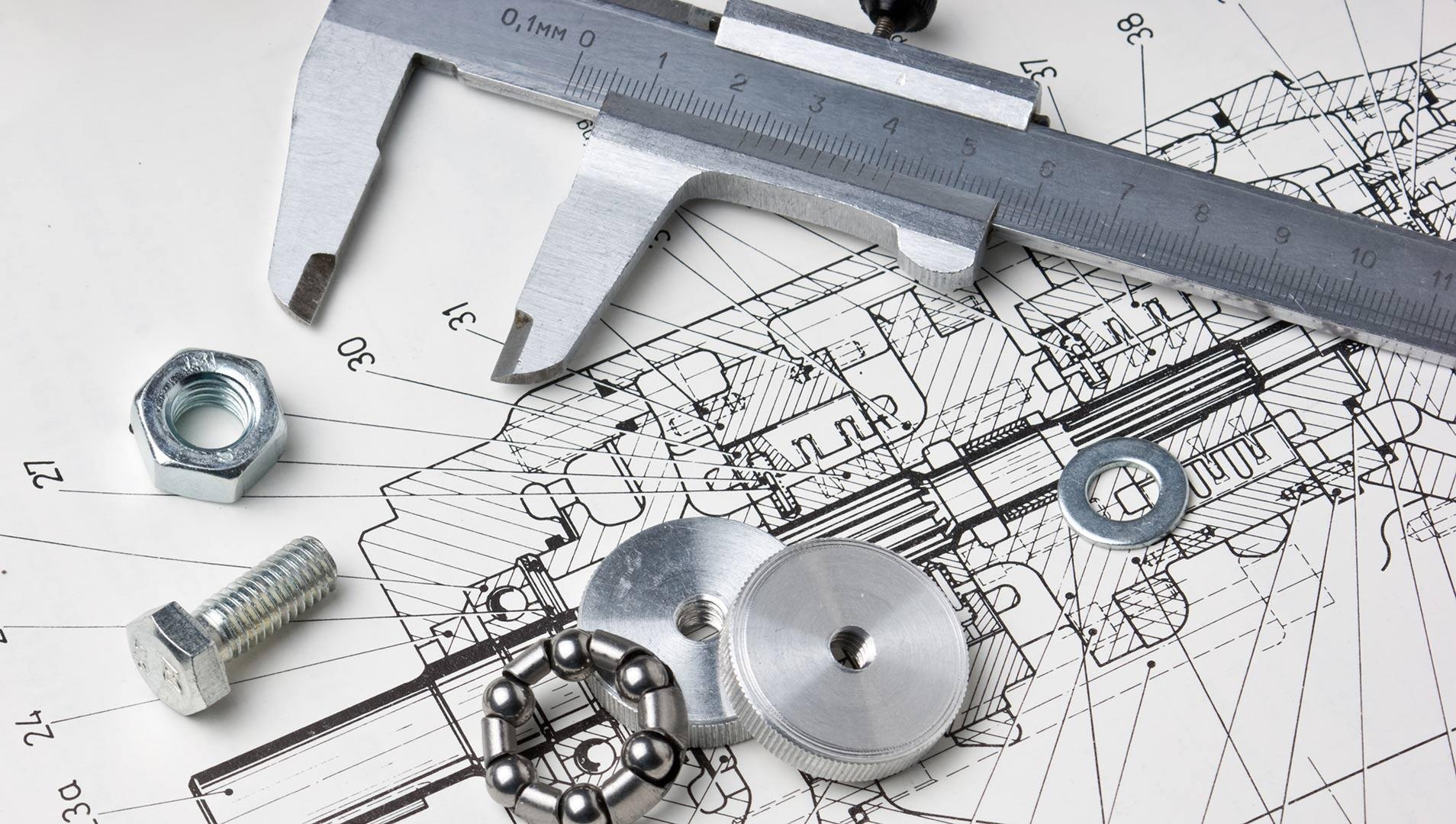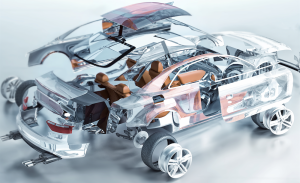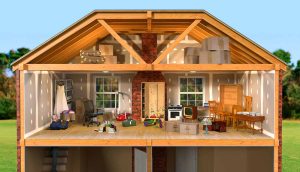New Jersey Energy Code for Low-Rise Residential Buildings
2 min read
For constructing a new building or home it is vital to meet the requirements of Uniform Construction Code. Even, you head for the renovation of the project through Mechanical Engineering, they are very necessary for the state of New Jersey. There is a various number of energy codes and here; you will get to know about the Energy Code. It confines the basic energy level requirements for making new buildings and additions in New Jersey.
The New Jersey Sub code refers to the 2015 International Energy Conversation Code for constructing the Low Rise residential buildings and it follows ASHRAE 90.1-2013 for other than low rise buildings. But these clauses have special amendments with respect to the state of New Jersey. Here, the Low rise buildings can be three stories high and may include one family, two family and more than two family dwellings. It is also well categorized with respect to the climatic zones as there are two climatic zones in the state of New Jersey.
In the state of New Jersey, there are some options meant to meet the Energy Sub code. These are
The Calculation based compliance:
In this compliance, the Thermal transmission valves are calculated with respect to the floors, walls, roofs and other parts of the buildings. If the U-valves are below the maximum value, then the building is compliant.
REScheck Software compliance:
It is software from the US Department of Energy which calculates the energy performance of every residential building. That building is approved which passes this compliance.
NJ Clean Energy Program Compliance:
The NJ Clean Energy Program provides financial and technical assistance for those residential projects which surpass the Energy Sub code. Therefore, if any project comes under this section it automatically comes under the code of compliance.



